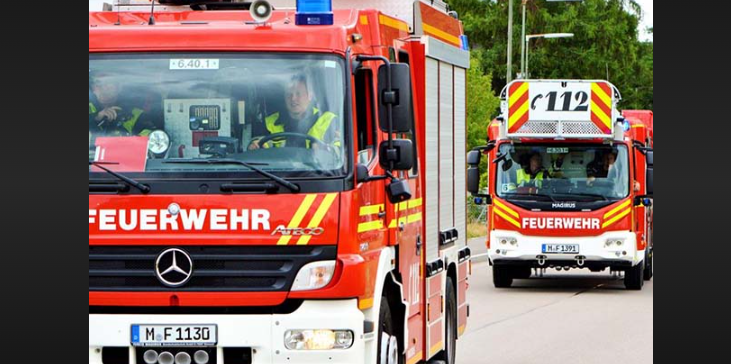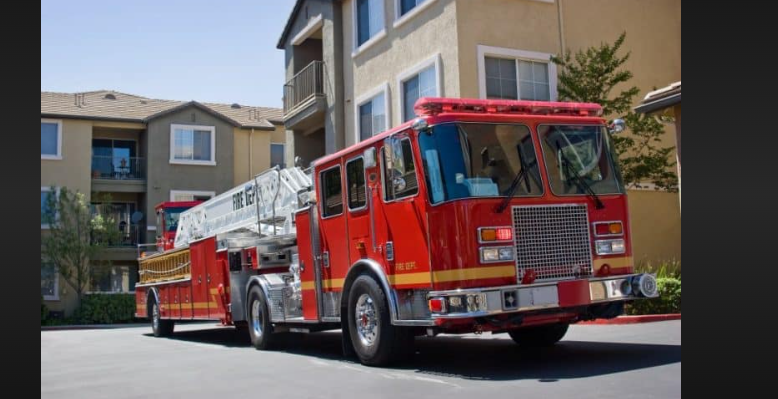Understanding the Weight of Fire Trucks: How Much Does a Fire Truck Weigh?
Fire trucks, essential vehicles in firefighting and rescue operations, come in various sizes and configurations. One common question that arises is, "How much does a fire truck weigh?" In this article, we will explore the weight of fire trucks, factors affecting their weight, and why understanding their weight is crucial for both firefighters and the general public.

How much does a fire truck weigh?
1. Types of Fire Trucks
Before delving into their weight, it's essential to understand that there are different types of fire trucks, each designed for specific tasks. These include:
-
Pumper Trucks: Equipped with hoses and water tanks, pumper trucks are used for suppressing fires by delivering water or fire suppressants.
-
-
Aerial Ladder Trucks: These trucks feature extendable ladders or platforms to access tall structures for rescue and firefighting.
-
-
Rescue Trucks: Designed for specialized rescue operations, such as extricating trapped individuals or providing medical assistance.
-
-
Tanker Trucks: Tankers transport large quantities of water to the scene of a fire where a water source may not be readily available.
2. Weight Variations
The weight of a fire truck can vary significantly based on its type, size, and the equipment it carries. Here are approximate weight ranges for common fire truck types:
-
Pumper Trucks: 20,000 to 40,000 pounds (10 to 20 tons)
-
-
Aerial Ladder Trucks: 40,000 to 60,000 pounds (20 to 30 tons)
-
-
Rescue Trucks: 20,000 to 40,000 pounds (10 to 20 tons)
-
-
Tanker Trucks: 30,000 to 50,000 pounds (15 to 25 tons)
These weights can fluctuate based on customization, additional equipment, and the materials used in the construction of the truck.
3. Factors Affecting Weight
Several factors contribute to the overall weight of a fire truck:
-
Equipment: The equipment carried on the truck, such as hoses, water tanks, ladders, and hydraulic rescue tools, significantly impacts its weight.
-
-
Construction Materials: The materials used in the truck's construction, including steel, aluminum, and composite materials, influence its weight.
-
-
Size and Design: Larger fire trucks with extended ladders or platforms tend to be heavier due to their size and design.
-
-
Water Capacity: Tanker trucks designed to carry large volumes of water will naturally weigh more when fully loaded.
4. Importance of Weight Consideration
Understanding the weight of fire trucks is essential for several reasons:
-
Infrastructure: Fire trucks need to be within weight limits to avoid damaging roads, bridges, and other infrastructure on their way to an emergency.
-
-
Stability: Proper weight distribution and stability are crucial for the safe operation of fire trucks, especially when raising ladders or operating heavy equipment.
-
-
Accessibility: Knowing a fire truck's weight is vital for determining whether it can access certain areas, such as narrow streets or weak bridges.

Fire truck
The weight of a fire truck varies based on its type, equipment, and design. Understanding the weight of these essential emergency vehicles is crucial for ensuring their safe operation, protecting infrastructure, and assessing their accessibility in emergency situations. Firefighters, engineers, and the general public should all be aware of these considerations to support effective firefighting and rescue efforts.